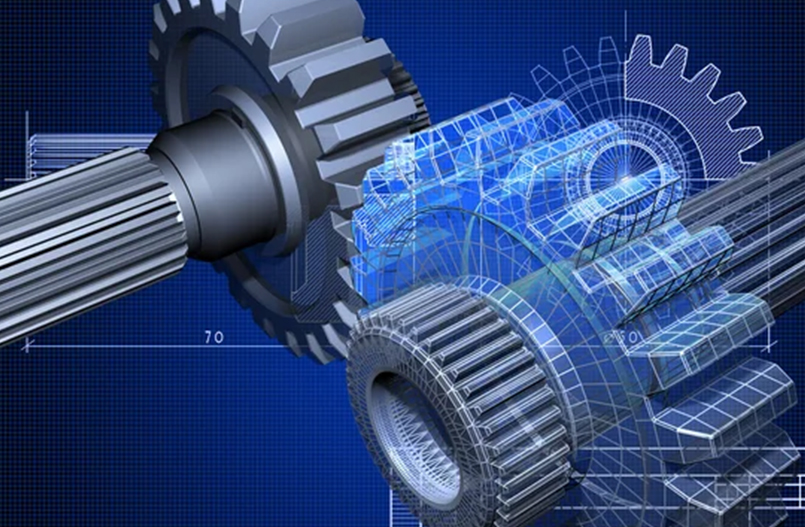Engineering goods are the lifeblood of modern industry, playing a pivotal role in the development and sustenance of economies worldwide. These goods encompass a vast range of products, from machinery and equipment to tools and components, all designed and manufactured with precision and innovation. In this article, we will delve into the significance of engineering goods and their integral role in shaping the industrial landscape.

The Diverse World of Engineering Goods
Engineering goods encompass a diverse array of products, each tailored to fulfill specific industrial needs. This category includes heavy machinery used in construction and manufacturing, electrical equipment, automotive components, industrial tools, and everything in between. Whether it’s the giant turbines in power plants, the precision instruments in healthcare, or the tiny components in your smartphone, engineering goods are the invisible threads that weave together our modern way of life.
Key Drivers of Economic Growth
The production and export of engineering goods contribute significantly to a country’s economic growth. Many nations rely on the export of engineering goods as a major source of revenue. This not only creates employment opportunities but also boosts foreign exchange reserves. Countries like China, Germany, and Japan have built thriving economies by excelling in engineering goods production.
Innovation and Technological Advancements
Engineering goods are at the forefront of technological innovation. Engineers and scientists constantly strive to develop new and improved products, pushing the boundaries of what is possible. This relentless pursuit of innovation leads to the development of more efficient and sustainable technologies, benefiting both industries and consumers. Advancements in fields such as robotics, renewable energy, and aerospace are prime examples of how engineering goods are shaping the future.
Supporting Infrastructure Development
Infrastructure development is a key indicator of a nation’s progress. Engineering goods play an indispensable role in building the bridges, roads, airports, and public utilities that form the backbone of a nation’s infrastructure. These products not only enable the physical development of a region but also enhance the quality of life for its inhabitants.
Environmental Responsibility
As the world grapples with environmental challenges, engineering goods have a pivotal role to play in promoting sustainability. The development of energy-efficient machinery, eco-friendly construction materials, and renewable energy technologies is critical to reducing the environmental impact of industrial activities. Many engineering firms are actively engaged in research and development aimed at mitigating the ecological footprint of their products.
Global Supply Chains
Engineering goods are integral to global supply chains. Companies source components and equipment from around the world to create their final products. This interconnectedness necessitates collaboration among nations, fostering international trade and cooperation. It also highlights the importance of quality assurance and standardization to ensure the seamless integration of parts from different sources.
Challenges and Future Prospects
Despite their numerous advantages, engineering goods face several challenges. The industry is highly competitive, and companies must constantly innovate to stay ahead. Additionally, the rapid pace of technological change can render existing products obsolete. Supply chain disruptions, regulatory hurdles, and economic fluctuations also pose significant challenges.
Looking to the future, engineering goods are poised for continued growth. Emerging technologies like 3D printing, artificial intelligence, and the Internet of Things (IoT) are reshaping the industry. These innovations are not only streamlining production processes but also opening up new possibilities for customization and efficiency. Sustainability will remain a top priority, with increased emphasis on green manufacturing practices and environmentally-friendly materials.
Conclusion
Engineering goods are the unsung heroes of modern industry, underpinning economic growth, technological advancement, and infrastructure development. Their role in shaping the world we live in cannot be overstated. As we look ahead to a future characterized by rapid change and increasing global challenges, engineering goods will continue to play a pivotal role in driving progress and innovation. It is imperative that we recognize and appreciate their significance in building a better world for generations to come.
